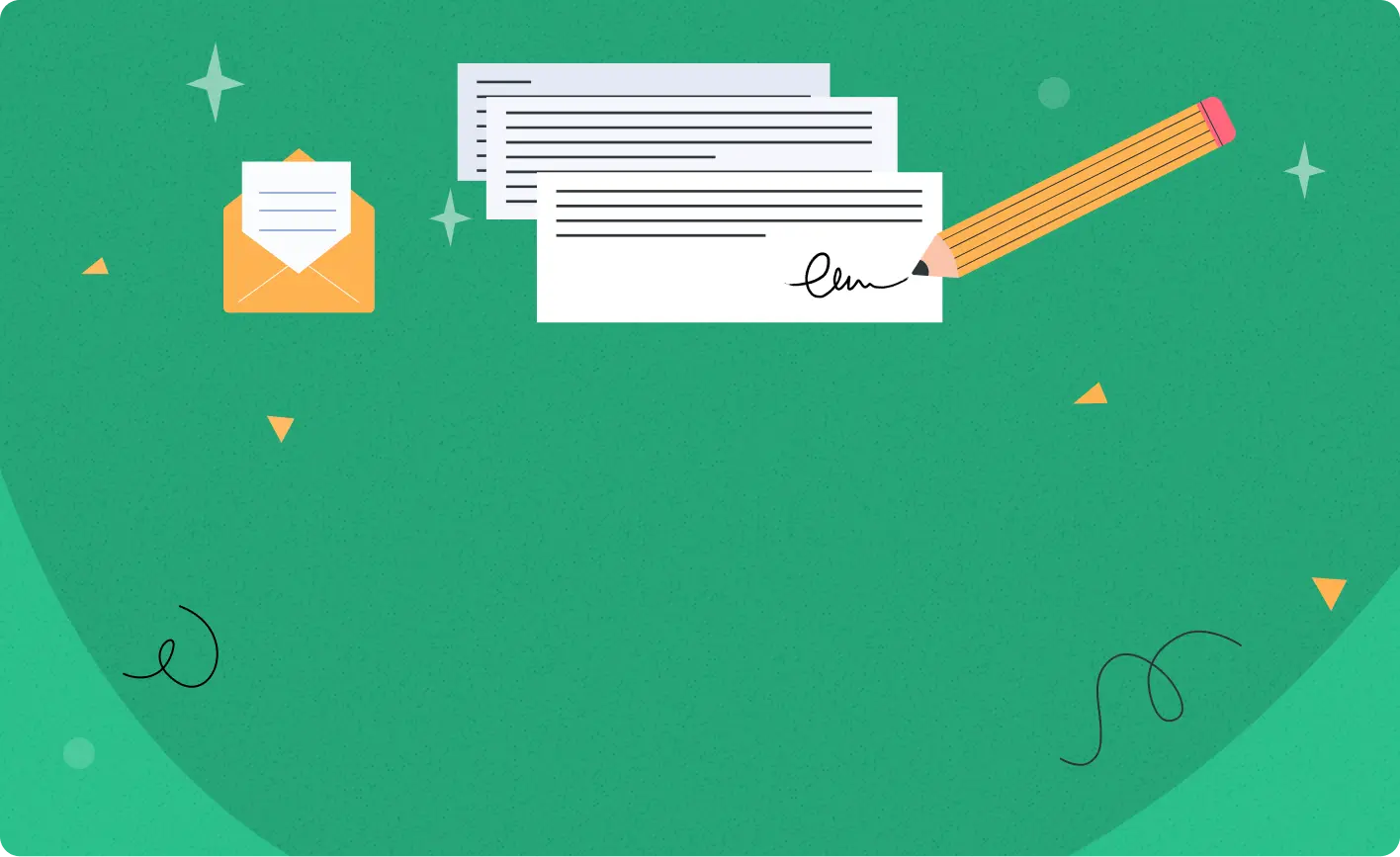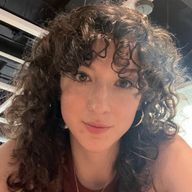Cover letters can feel outdated, but when crafted thoughtfully, they become one of your application's strongest assets. While your resume outlines your qualifications and skills, a cover letter explains how your experience connects to the role and why it matters to the employer.
It’s your chance to add context, showcase your personality, and clearly align your goals with the specific role and company.
In this article, we’ll break down the real purpose of a cover letter and how to make yours work well for you. Once you understand its aim, you'll find it's easier to write a cover letter that's both compelling and effective.
Key takeaways
- Your cover letter is more than a summary. It shows how your experience matches with the role and why you're applying.
- It adds personality and essential context beyond your resume.
- Recruiters often rely on cover letters to assess your motivation, communication skills, and cultural fit.
- Cover letters effectively address career gaps, transitions, or unique circumstances.
Create your cover letter in minutes. Use Enhancv’s Cover Letter Generator to quickly build a tailored, professional letter—no guesswork required.
Drop your resume here or choose a file.
PDF & DOCX only. Max 2MB file size.
The main purpose of a cover letter
Your cover letter’s main role is to align your skills and achievements with the employer’s specific needs, explaining their relevance.
Essential elements your cover letter should include:
- Introduce yourself effectively: Briefly state who you are and why you're applying.
- Express genuine interest: Convey what excites you about the role or company.
- Match your skills to the job: Highlight exactly how your background meets the requirements listed.
- Provide relevant context: Clarify career decisions or transitions that your resume can’t fully explain.
- Showcase your communication style: Demonstrate professionalism and personality through clear, compelling writing.
Tailoring your cover letter for each specific role ensures your application feels intentional and focused.
Secondary purposes that add value
Your cover letter also helps recruiters understand you beyond your qualifications, strengthening your overall application.
Additional ways your cover letter strengthens your application:
- Clarifying your career path: Address employment gaps, career shifts, or relocations clearly and professionally.
- Demonstrating soft skills: Showcase strong communication skills, clarity, and professionalism in your writing style.
- Reflecting cultural fit: Personalize your cover letter to reflect that your values and goals align with the company’s culture.
- Adding personality: Convey enthusiasm and authenticity in ways a resume can’t.
- Anticipating questions: Proactively address aspects of your resume that might otherwise cause confusion or concern.
Used thoughtfully, these additional details can differentiate your application from others and reinforce that you're not only qualified but purposeful and intentional.
What a cover letter isn't for
Just as important as knowing what to include is understanding what doesn’t belong in your cover letter. Using this space incorrectly can weaken your application or even reduce your chances of getting noticed.
Common cover letter mistakes to avoid:
- Repeat your resume: Don't restate information already clearly provided. Your letter should add context and insight instead.
- Submit generic content: Recruiters easily spot copy-and-paste letters. Tailoring and personalizing are crucial.
- Use vague language: Avoid overly formal greetings ("To Whom It May Concern") or generic introductions ("I’m applying for this role"). There are better ways to address someone in a cover letter.
- Explain every detail of your work history: Stay focused, provide context only where needed.
- Skipping the cover letter just because it's optional: Many hiring managers closely review cover letters, especially when they’re optional. It helps them choose between similarly qualified candidates.
When you're tempted to cut corners, remind yourself that a personalized cover letter can often decide whether you land the interview or not.
Tailored vs. all-purpose cover letters
Tailored cover letters are usually more effective, but thoughtfully crafted all-purpose letters can still have strategic value.
| Benefit | Why tailored letters outperform all-purpose cover letters |
|---|---|
| Shows genuine interest | Demonstrates you've specifically researched the company and role. |
| Highlights relevance | Aligns your skills and experience with the exact job requirements. |
| Builds connection | Reflects an understanding of company culture, creating a stronger personal fit. |
| Stands out | Helps your application feel unique rather than generic and mass-sent. |
| Improves perception | Signals intentional effort, professionalism, and sincere motivation. |
| Increases effectiveness | Boosts your chances of capturing recruiters' attention and securing an interview. |
Even small adjustments to an all-purpose cover letter can greatly increase its efficacy.
If you're unsure, default to tailoring whenever possible. But keep a clear, concise, all-purpose letter handy for those less specific occasions.
Where to go from here
Ready to apply these insights and create a compelling cover letter?
Here are your next steps:
- Professional cover letter templates: Get started quickly with templates designed for maximum effectiveness.
- What to include in a cover letter: Discover the essential elements recruiters look for every time.
- How long should a cover letter be: Learn the ideal length to make your message impactful and concise.
- Cover letter format tips: Find out how proper formatting can improve readability and professionalism.
These resources build on what you’ve learned here, guiding you from understanding purpose to crafting a standout application.
Conclusion
Your cover letter gives your resume a voice. It communicates your intent, personality, and professionalism. It’s your chance to speak directly to the hiring manager, showing them not just what you've done, but why it matters.
You don’t need perfect writing skills—just a clear sense of purpose, empathy for the recruiter’s perspective, and a compelling reason why you’re the ideal candidate. When done right, your cover letter can be the deciding factor that moves your application from consideration to an interview.




